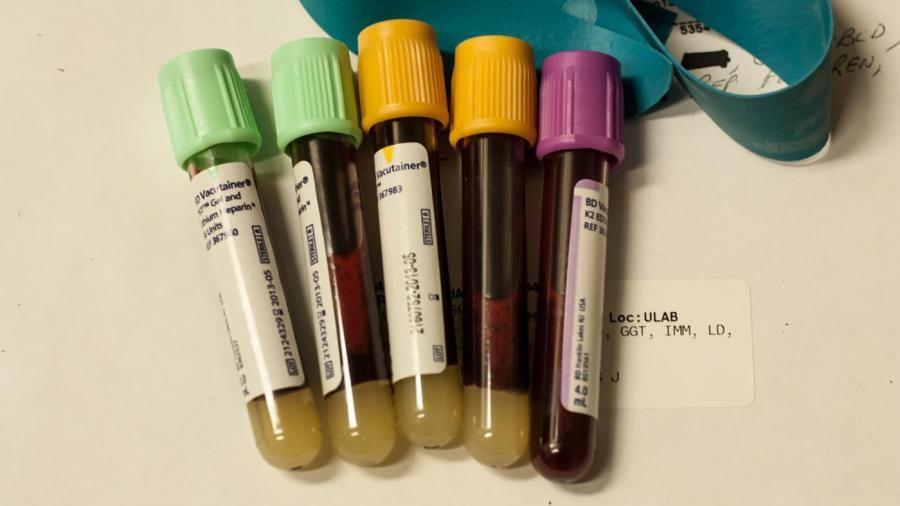How Do You Treat High Blood Ammonia Levels?

Treatments for high ammonia levels in the blood include avoiding excessive consumption of protein and getting checked for other serious medical conditions that may cause high levels of blood ammonia, according to Kaiser Permanente. Patients can be treated with a special protein formula, supplements and medications such as sodium benzoate.
Treating high blood ammonia levels also involves treating the underlying causes of the condition. Tests are first conducted to determine the cause of the heightened levels. Cirrhosis, or scarring of the liver, and hepatitis can cause high levels of ammonia in the blood because these conditions affect the liver’s ability to function properly, notes WebMD. Monitoring a patient’s ammonia levels by testing his blood regularly, as well as testing nutritional status and liver function can help doctors ensure the treatments are working.
When a person eats protein, the liver converts the nitrogen from the protein into urea. However, if the functionality of the liver is compromised, as in the case of cirrhosis or hepatitis, the nitrogen is instead converted into ammonia, explains Kaiser Permanente. Ammonia cannot be flushed out of the body through urine, unlike urea. Ammonia tests can help check the effects of treatments, such as high-calorie intravenous nutrition, on a patient’s liver, but urine tests can also provide a way to monitor high blood ammonia levels, according to WebMD.





